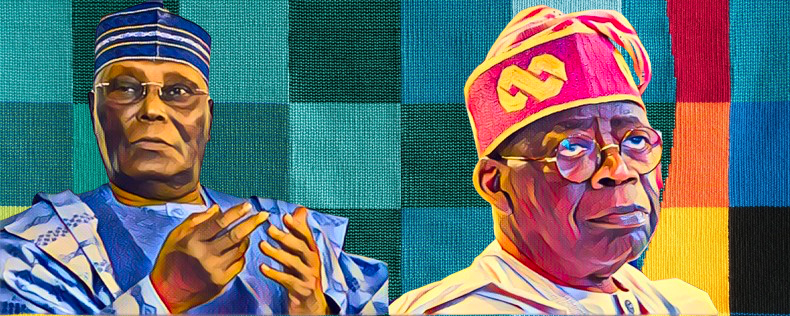In a harsh criticism of President Bola Tinubu’s strategy for driving Nigeria’s economy in the direction of growth and stability, former Vice President Atiku Abubakar has proposed a comprehensive set of reforms. Atiku gave a thorough explanation of his concerns and suggestions, emphasising the necessity of a significant revision to the Tinubu administration’s present economic policy. His criticism comes with rising inflation and a sharp deterioration in Nigeria’s economic situation, which has caused the country to lose its rank as the largest economy in Africa.
The presidential candidate of the Peoples Democratic Party in 2023, Atiku, has made no secret of his disapproval of the economic policies of the current administration. He emphasised that government initiatives had worsened the situation rather than stabilising the economy. Key policy changes under President Tinubu, including the elimination of petrol subsidies, the unification of foreign exchange windows, and the introduction of a cybersecurity tax, were described by Atiku as misadventures that have deepened the economic crisis rather than helped it.
Atiku claims that these measures have made things far worse for the typical Nigerian and the business community as a whole. The former vice president gave a dire assessment of the state of the economy, pointing out that the rate of severe inflation has increased to 33.69%, the highest level in almost thirty years. With food costs skyrocketing and inflation in this area surpassing 40%, many people can no longer afford basic essentials. Sharp rises in gasoline and transportation prices, which have increased by over 300% in some locations, further exacerbate the crisis caused by rising costs of living.
Particularly badly impacted is the manufacturing sector, which Atiku views as essential to economic expansion and employment generation. Increased energy expenses, rising material costs, and complicated exchange rate problems have hindered production and growth, leading to significant business closures and the loss of nearly 20,000 jobs due to multinational companies exiting the Nigerian market. Companies such as Unilever and Procter & Gamble have cited foreign exchange challenges, security concerns, and high operational costs as reasons for their departure.
Atiku said in his criticism that the Naira’s devaluation, which was done to help Nigeria’s trade balance, has not had the desired effect. Rather, it has caused a sharp increase in imports without a commensurate rise in exports, which has left a large trade deficit. In addition to weakening the local currency, this circumstance has made Nigerian producers less competitive internationally.
Atiku asked President Tinubu to take decisive action right away to address these issues, including a thorough examination of the 2024 budget to ensure that it is in line with more sensible fiscal measures. In order to promote inclusive economic growth, he stressed the necessity of improving social investment programs and offering focused assistance to micro and small businesses. Furthermore, Atiku called for a reevaluation of the nation’s security policies to protect agricultural activities and address the increasing insecurity affecting large parts of the country.


